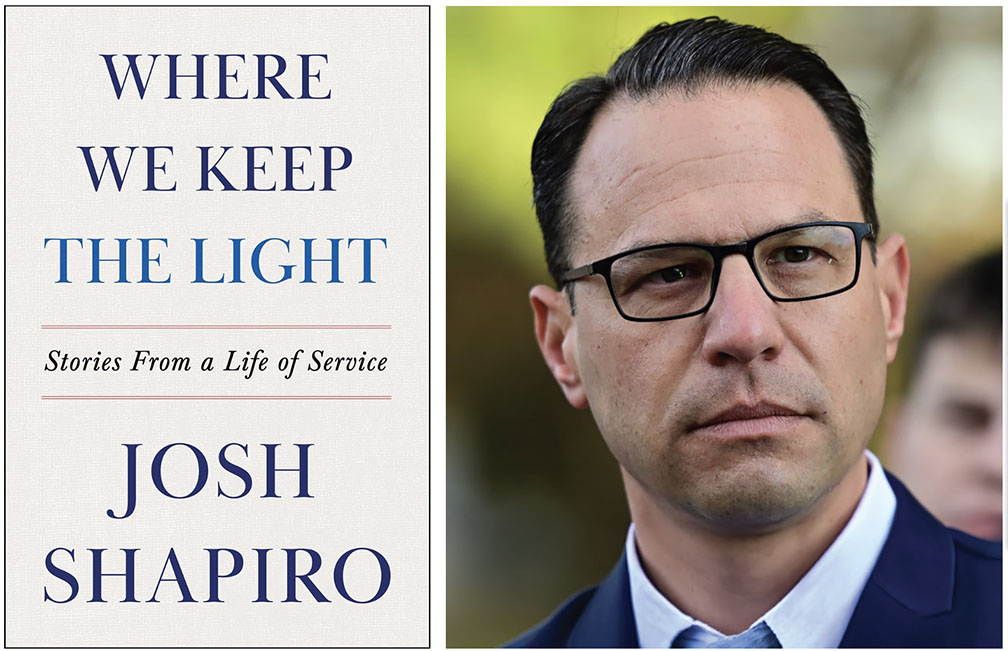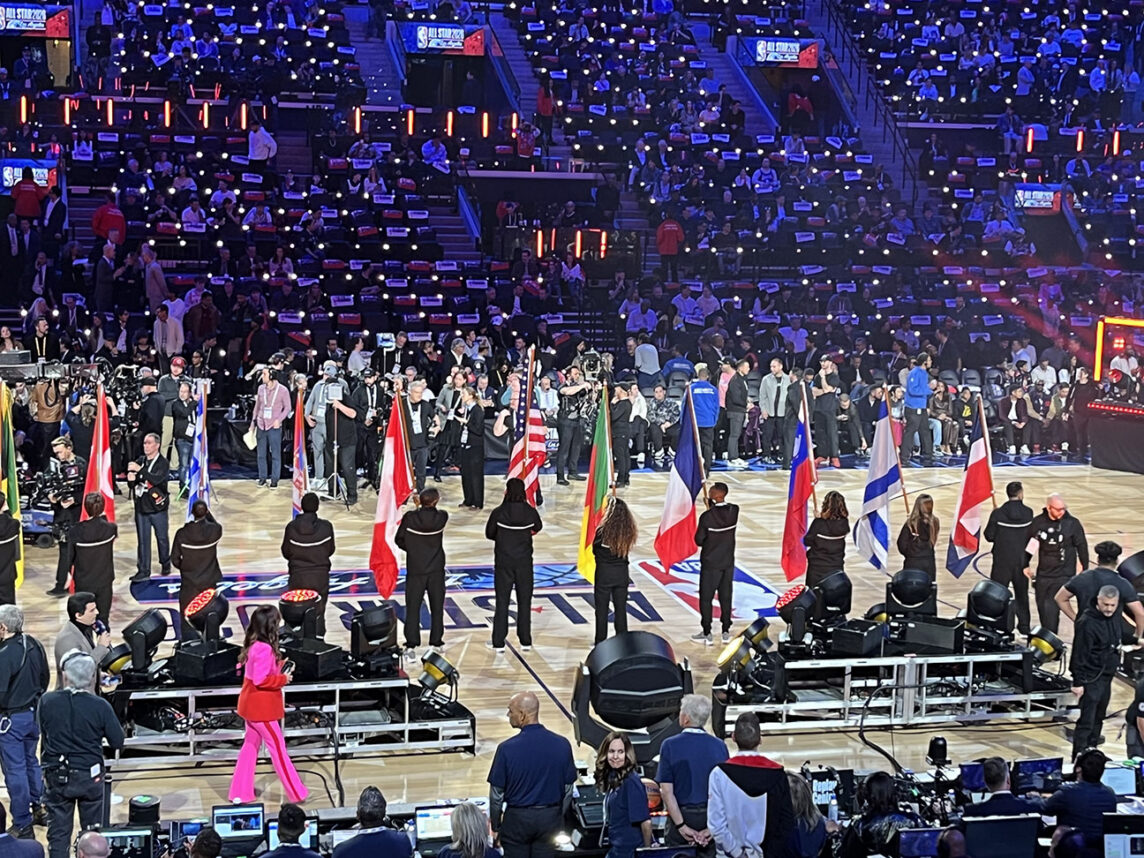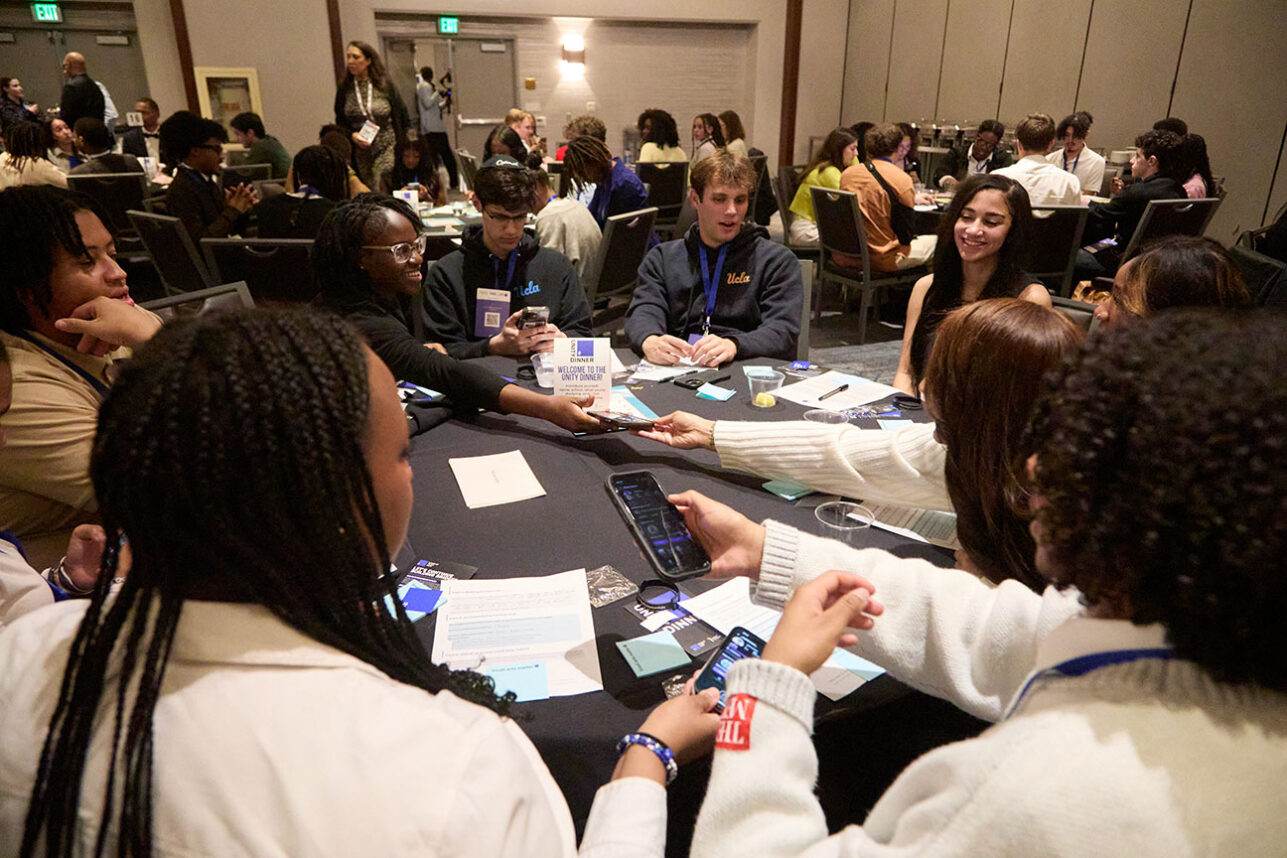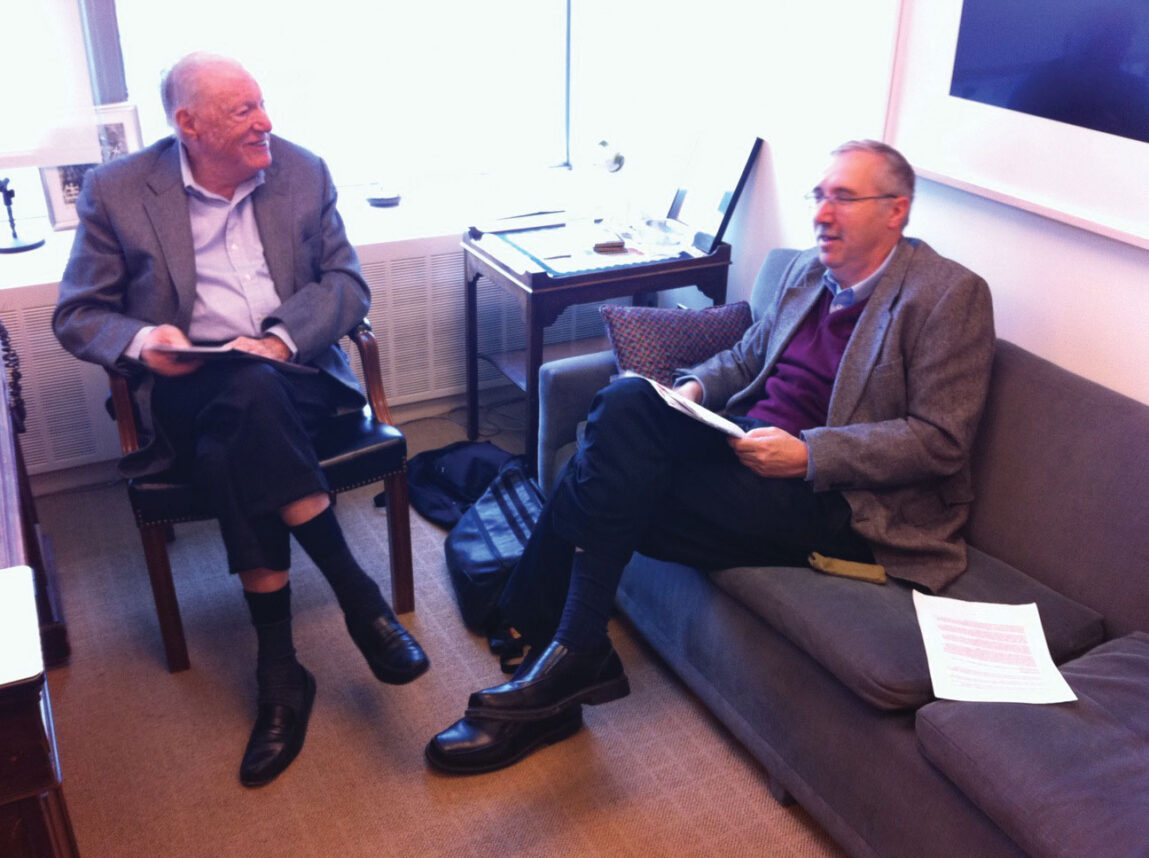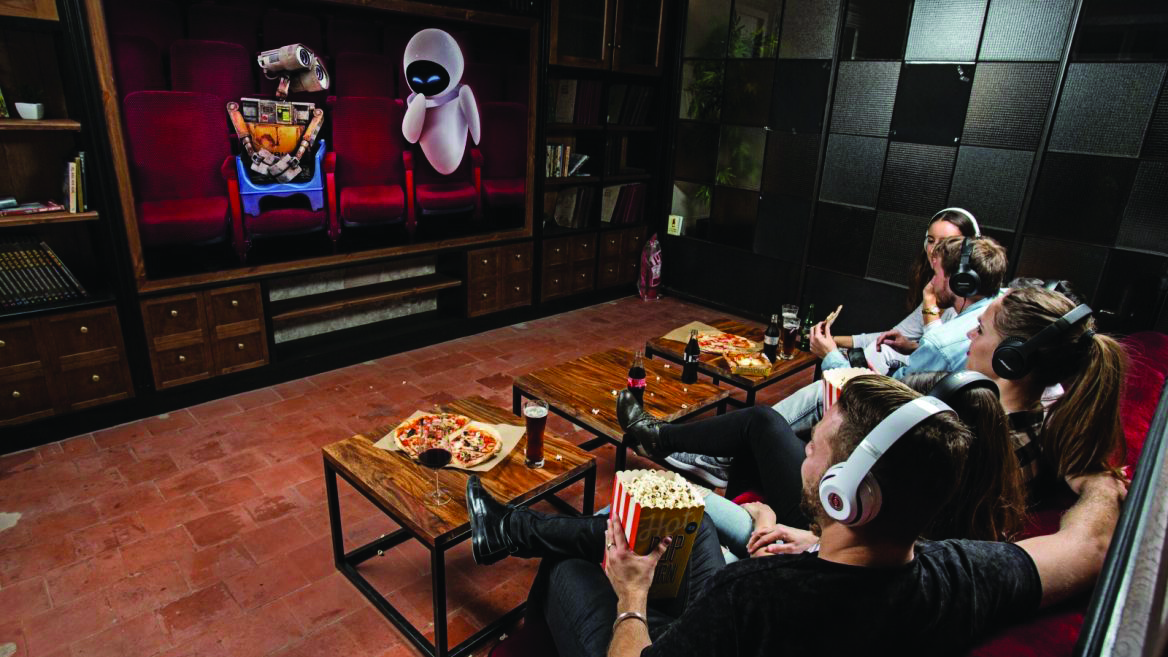
The demise of the movie theater has long been predicted but has yet to happen. The final nail in the coffin may be streaming services like Netflix and inexpensive 4K, flat-screen monitors (or even personal devices, which millennials often prefer), which make staying in with a bucket of homemade popcorn a cost-effective and convenient alternative to the cineplex.
Alon Nisim Cohen, a cinema buff and fan of the classic movie-theater concept, decided he wasn’t about to let a time-honored tradition become the latest casualty of the digital age.
Each room sports a large flat-screen TV and furniture designed to remind you of home.
Instead, he decided to bring digital smarts to the theater.
The result is Muvix, a mashup of the comforts of home with the excitement of a night out on the town, all run by a mobile app.
While the Muvix Concept mini-multiplex at the Tahana — the old Tel Aviv train station — looks and feels like a movie theater, what the company really is selling is a cloud-based technology for on-demand, multi-theater synchronized screening.
Muvix has built 14 mini-theaters in a single open-plan building. Some accommodate only two people, others can hold a party of 20. Each room sports a large flat-screen TV and furniture designed to remind you of home (for instance, a couch and comfy armchair or two large double beds).
To book a screening, you first download the Muvix app and choose the movie from a list of 100 or so recent and classic films. At the theater, you get a pair of headphones to plug into your smartphone. The app tells you which theater you’ll be using. The Muvix software links the video with the soundtrack.
The core of Muvix’s technology is keeping track of hundreds of users watching potentially dozens of films at once, with the soundtracks streaming over multiple cellular phone networks (or at the Muvix Concept space, via Wi-Fi).
You don your headphones and the movie starts at the appointed time. If you want to order food during the film, you can call a waiter from within the Muvix app.
Muvix Concept in Tel Aviv is really a beta testing facility for Muvix’s eventual move on the U.S. market. So far, 5,000 people have seen a Muvix-powered film. The theater has been open to the public since July on weekends; the introductory fee is NIS 20 per person (about $5.70), including a free drink.
Muvix’s staff is small — only 15 people in nearby Petah Tikva — and the company has raised $6 million from several angels along with founder Cohen, who previously headed and took public CyberArk, one of Israel’s largest cybersecurity companies.
While Muvix aims to create a fun alternative to watching at home, where Cohen and Muvix CEO Nithai Barzam are going with the technology is not necessarily the movies. Barzam envisions Muvix software being used in corporate environments, where a series of pop-up theaters easily could be rolled out for a night or two. The “movie” might be company-provided content about its new product line or a team-bonding event.
Sticking with the Hollywood direction, a municipality could create a pop-up theater in the park, on a rooftop or at the beach with multiple screens. You pick your movie from the app, don your headphones and share the experience of being together while watching what you prefer.
Muvix could be implemented in a hospital waiting room, an airport waiting area, a live concert or a sporting event, Barzam suggests. All the controlling software is run from the cloud.
The Muvix experience can seem a bit isolating at first because you’re ensconced in your private sound bubble. If you want to talk to your friends, a private group audio button lets you speak over the soundtrack to others in your group.
Worried that your phone doesn’t have enough juice to last the entire film? Hit the call button on the app and a Muvix staffer will bring you a battery charger.


















